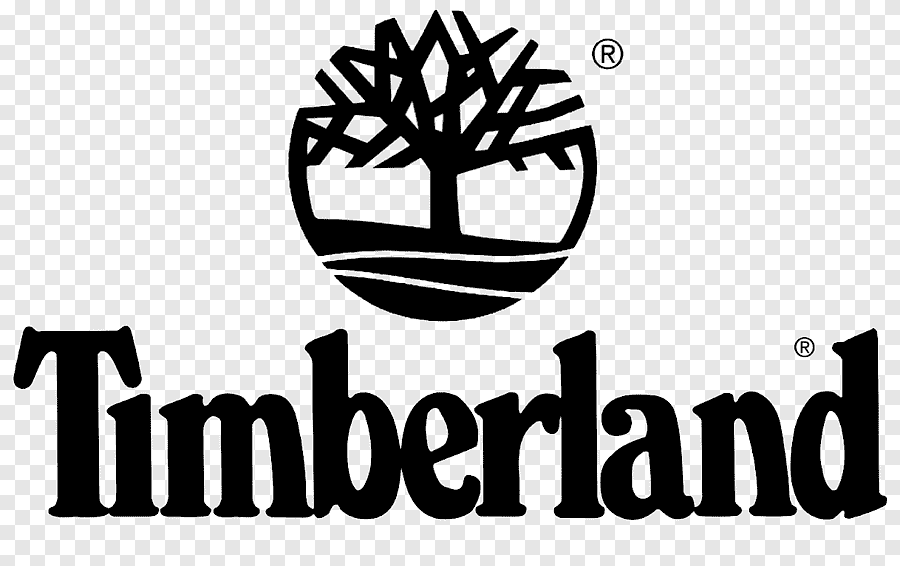What Are the Best Bookkeeping Practices for a Small Construction Business?
You can use that bank statement to reconcile your transactions to make sure they match up with your own accounting system, invoices, payments, etc. Since construction accounting is project-centric, you’ll need a way to track, categorize, and report transactions for each job. When browsing accounting software, we always recommend considering your business’s specific needs and comparing those against each software’s feature list. Making an informed decision goes a long way regarding something as important as your company’s financial health. Take a look at the customer support offerings when browsing construction accounting software. You naturally plan to grow your business with time, so why not plan for your accounting solution to do the same?
How to Manage Subcontractor Payments Efficiently
Examples include repairs to equipment, insurance, transportation, and software. Finally, due to the complexity of construction projects, unforeseen issues often arise, leading to additional costs or time on the construction bookkeeping project. If you or your customer hasn’t planned and budgeted for these potential issues, they can cause the entire project to fail.
Understanding Construction Accounting Software
This software is best for contractors who have multiple projects happening simultaneously. Deltek ComputerEase understands that not every project works the same way. This is why it has flexible billion options, such as American Institute of Architects, time and materials and freeform billing. The software makes invoice routing easy and conveniently reconciles things with the GL when paid. This software platform is best for contractors seeking detailed bids from subcontractors and vendors to have the most comprehensive preproject data.
Scattered custom projects
With the completed contract method, you recognize revenue only after completing a project. Construction companies often use this method for short-term contracts, especially those where contract costs can be hard to estimate. Construction payroll and invoicing help ensure accurate, timely payments to construction workers and subcontractors. Since this is the bread and butter of a contracting business, let’s go into more detail. Contractors and real estate developers use GAAP construction accounting to increase their financial accountability and provide valuable peace of mind to customers. This method assumes that a construction company records costs and revenue after they finish the job rather than incrementally throughout the project.
This included looking at cost, the types and quality of features the software offered, third-party ratings and reviews and a combination of metrics put together by our staff of experts. We looked at a total of 22 different metrics across five separate categories to reach our conclusion. Here are some of the categories we used to rank the providers that made the top of the list. We know that accounting for construction companies is always going to be more complex and unique than other industries. The first step to building more accurate accounting processes is recognizing that construction accounting is different. It’s definitely a mindset shift, but the good news is, no matter what kind of contractor you are, your construction firm’s needs are going to look pretty much the same.
Subscribe to Taxfyle
These relationships can be beneficial between companies, but they complicate the financial accounts, as the primary company now has to track their own spending as well as the subcontractor’s. Construction companies often work with subcontractors, so managing these payments effectively is important. To maintain good working relationships and keep projects on track, ensure timely and accurate payment of subcontractor invoices.
- Maintaining a healthy business also means learning how to correctly recognize and report your revenue.
- Apart from giving you insight into where your money is going, receipts also serve as proof of your business expenses in case you ever get audited.
- Now that you know how company accounting is different, let’s get into the nitty-gritty of accounting for contractors.
- Job costing helps maintain organization in the construction accounting process since the accounts related to individual projects are kept separate from the centralized accounts.
- A construction accounting software makes this level of integration simple, so you can keep track of everything and enable more informed decision-making as time goes on.
- Use payroll software to track employee salaries and labor costs accurately.
Using Construction Accounts
An accountant in construction typically ensures that the organization’s financial statements, taxes, and other documents are accurate and up-to-date. They might also work to develop budgets, provide cost analysis for current and future projects, and create and manage accounts payable and receivable. Each construction accounting method provides valuable insight into a project’s financial impact that helps ensure projects stay on track, on budget, and succeed. When choosing the right accounting method, you should consider your business’s unique needs and objectives. Under regular business accounting circumstances, revenue recognition is simple because they sell a product or service and collect a fixed price right away. They can choose between the cash method or the accrual accounting methods.
What is Construction Bookkeeping?
Labor costs include the wages or salaries of the workers who will be involved in the project, as well as any benefits or incentives. Equipment costs include renting or purchasing machinery, vehicles, or other specialized tools needed during the project. Permits are required for some types of work and often come with fees, so it’s important to factor these into the budget. Monitoring federal and state tax amendments and understanding property tax implications are crucial. Keeping abreast of deductions and credits ensures that businesses optimize their tax strategies.


















